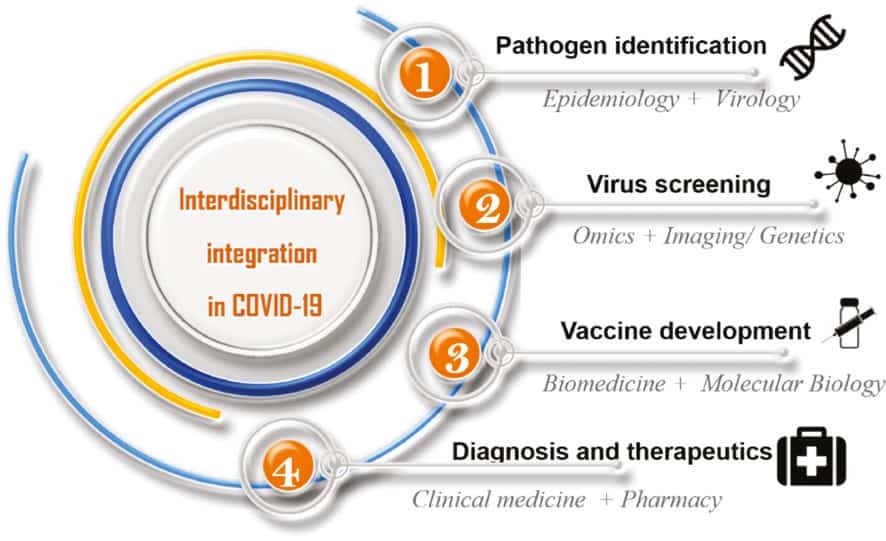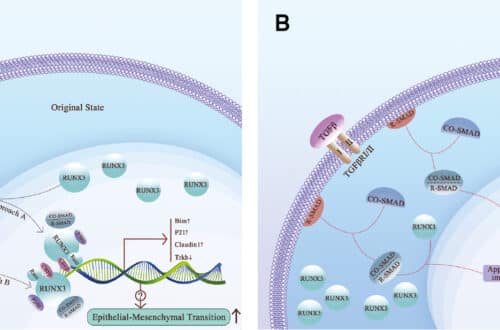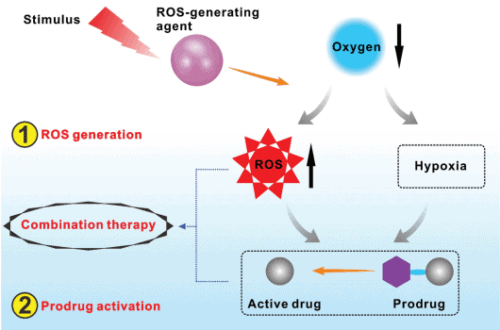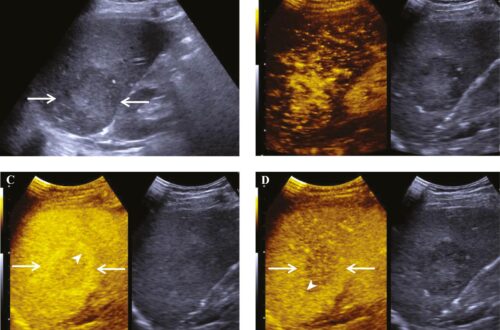
The Significance of Interdisciplinary Integration in Academic Research and Application
Announcing a new article publication for BIO Integration journal. In this commentary article the authors Phei Er Saw and Shanping Jiang from Sun Yat-sen University, Guangzhou, People’s Republic of China consider the significance of interdisciplinary integration in academic research and application.
In the light of the rapid development of science and technology, the authors consider the lingering question of what does academia currently lack? The answer according to the authors may be “effective integration” of research. Scientific problems are complicated and often interdisciplinary, which suggests that in-depth collaboration among experts in various fields is vital. Interdisciplinary research is the essence of social development and innovation and so is gaining a broader perspective in current problem-solving practice. The mission of interdisciplinary integration is to break down barriers, reorient insights, and to produce significant breakthroughs in academic research.
Using the COVID-19 pandemic as a case study, the authors conclude their commentary by noting that regardless of domain, effective integration of diverse scientific disciplines, incorporating perspectives of academia, industry, governmental organization, and rapid translation of these discoveries to clinics is essential for realizing the potential of the next era of biomedical research. Personalized medicine underlines the role of scientific collaboration as a major innovation driver in modern medical research, however, such scientific collaborations are also subject to relevant challenges because interests, values, and aims often significantly differ between academia and industry. What can be learned from outbreaks, such as COVID-19, are that the challenges in various domains require the cooperation of experts from multiple fields. Co-operation creates innovation, innovation increases significance, significance results in impacts and impacts shift the paradigms of life.
BIO Integration is fully open access journal which will allow for the rapid dissemination of multidisciplinary views driving the progress of modern medicine.
As part of its mandate to help bring interesting work and knowledge from around the world to a wider audience, BIOI will actively support authors through open access publishing and through waiving author fees in its first years. Also, publication support for authors whose first language is not English will be offered in areas such as manuscript development, English language editing and artwork assistance.
BIOI is now open for submissions; articles can be submitted online at:
https://bio-integration.org/bioiojs/index.php/abs/about/submissions




